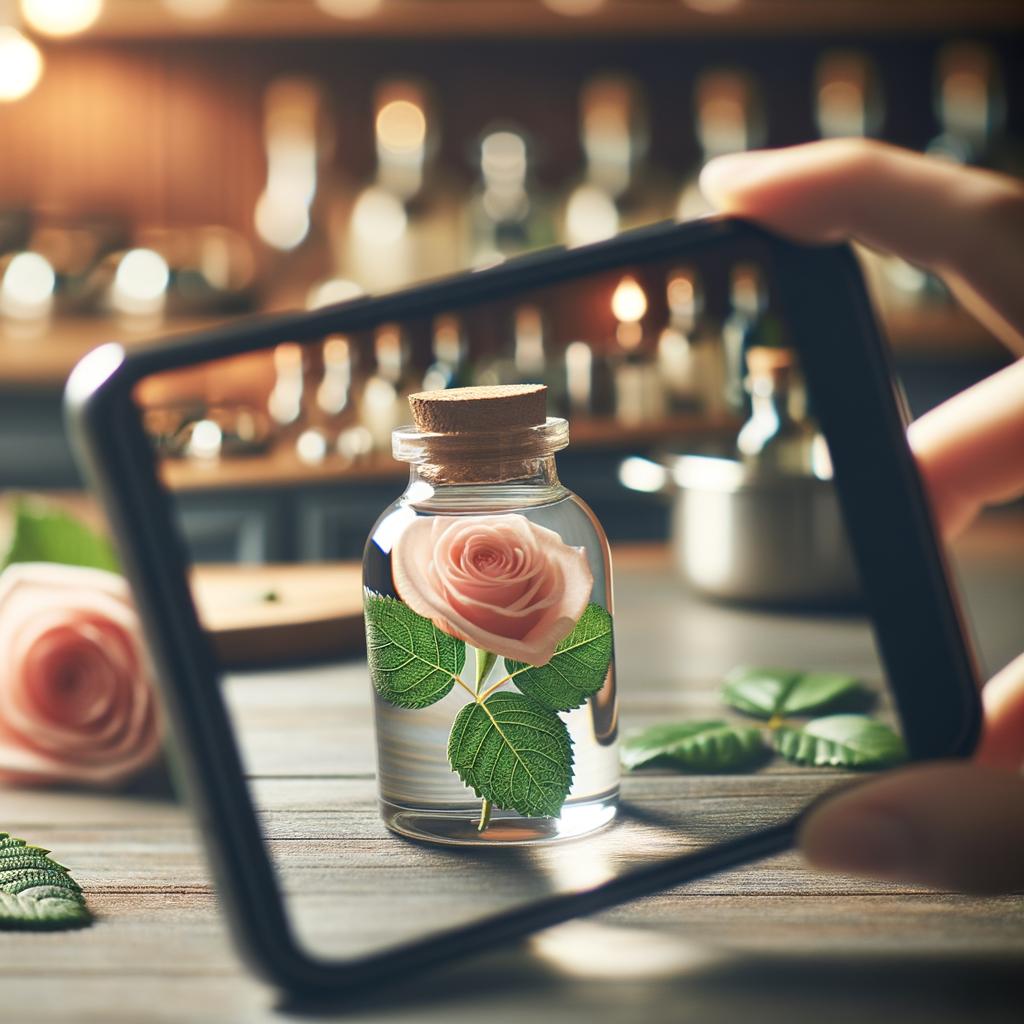Rose Water

Description
Rose water, a fragrant and delicate ingredient, is an aromatic liquid distilled from rose petals. It possesses a translucent, almost ethereal appearance, with an intoxicating scent that is unmistakably rosy. It imparts a subtle floral flavor, with a hint of sweetness that is both refreshing and complex. What sets rose water apart from other floral extracts is its versatility and the depth of aroma it provides without overpowering the dish.
Primary Uses
Rose water is a celebrated ingredient in culinary arts, used extensively in Middle Eastern, South Asian, and Mediterranean cuisines. It is a key component in traditional sweets like baklava, Turkish delight, and Indian Gulab Jamun. In Iranian cuisine, it's used to flavor rice dishes, and in Moroccan food, it's often added to tagines. Rose water is also used in beverages, from calming teas to sophisticated cocktails. Beyond its culinary uses, rose water has been used for centuries for its therapeutic properties in skincare due to its anti-inflammatory and hydrating qualities.
History
The history of rose water is as romantic as its fragrance. It dates back to ancient Persia (modern-day Iran), where roses were cultivated for their perfume and medicinal properties. The process of steam distillation, used to extract rose water, was invented in the medieval Islamic world, and the use of rose water in cuisine and medicine quickly spread across the globe. In the Victorian era, rose water was a popular beauty treatment for women who sought the 'English Rose' complexion. Over time, its use in western cooking declined, but it has seen a resurgence in recent years as global cuisines have become more accessible and celebrated.
Nutritional Information
While rose water is typically used in small quantities, its health benefits are significant. It's rich in antioxidants, which help protect cells from damage. It also has anti-inflammatory properties, which can help soothe digestive issues. Rose water has been found to have mood-enhancing effects, often used in aromatherapy to reduce anxiety and promote emotional well-being. Compared to other floral waters, like orange blossom, rose water has a more robust flavor and a wider range of therapeutic benefits.
The story of rose water is one of beauty, romance, and versatility. From its ancient origins to its modern uses, it has graced kitchens and cosmetic tables alike, offering a unique blend of taste, aroma, and health benefits.

